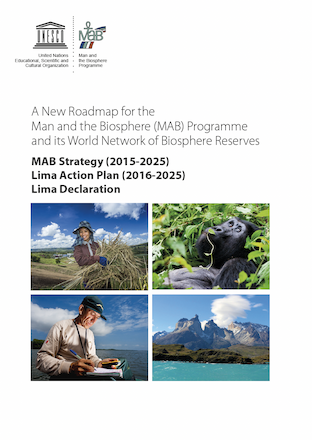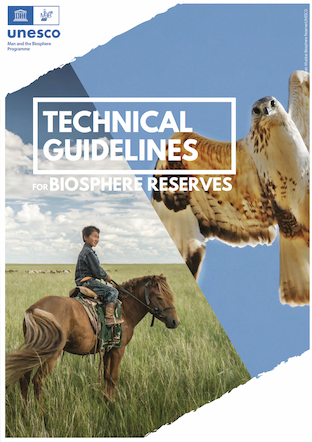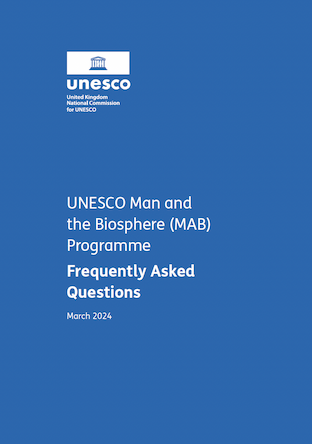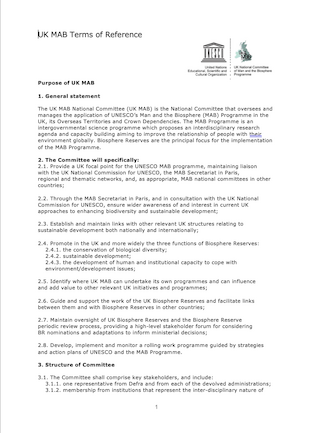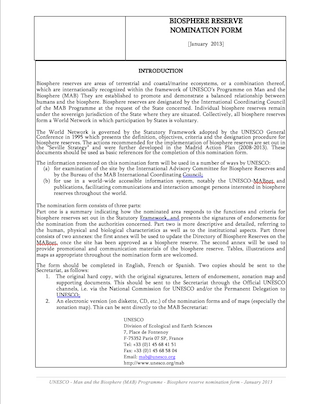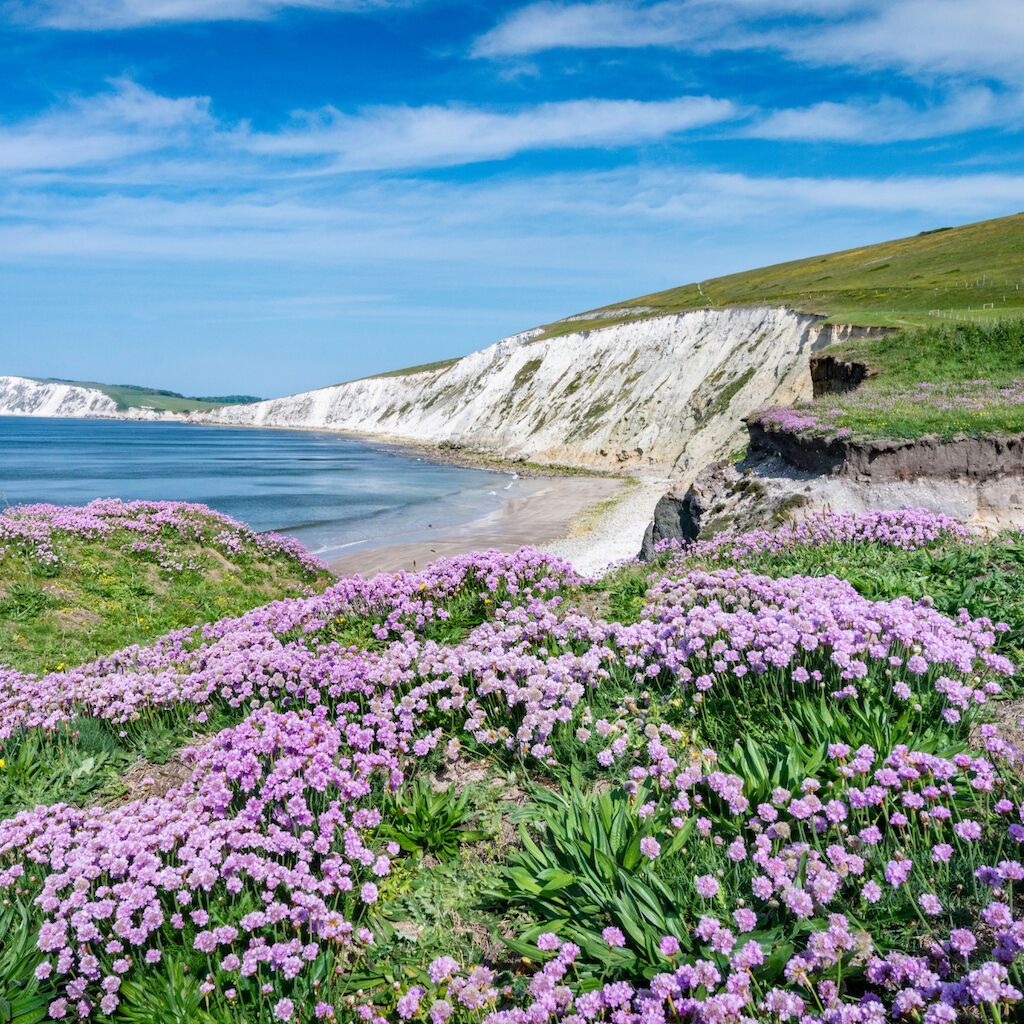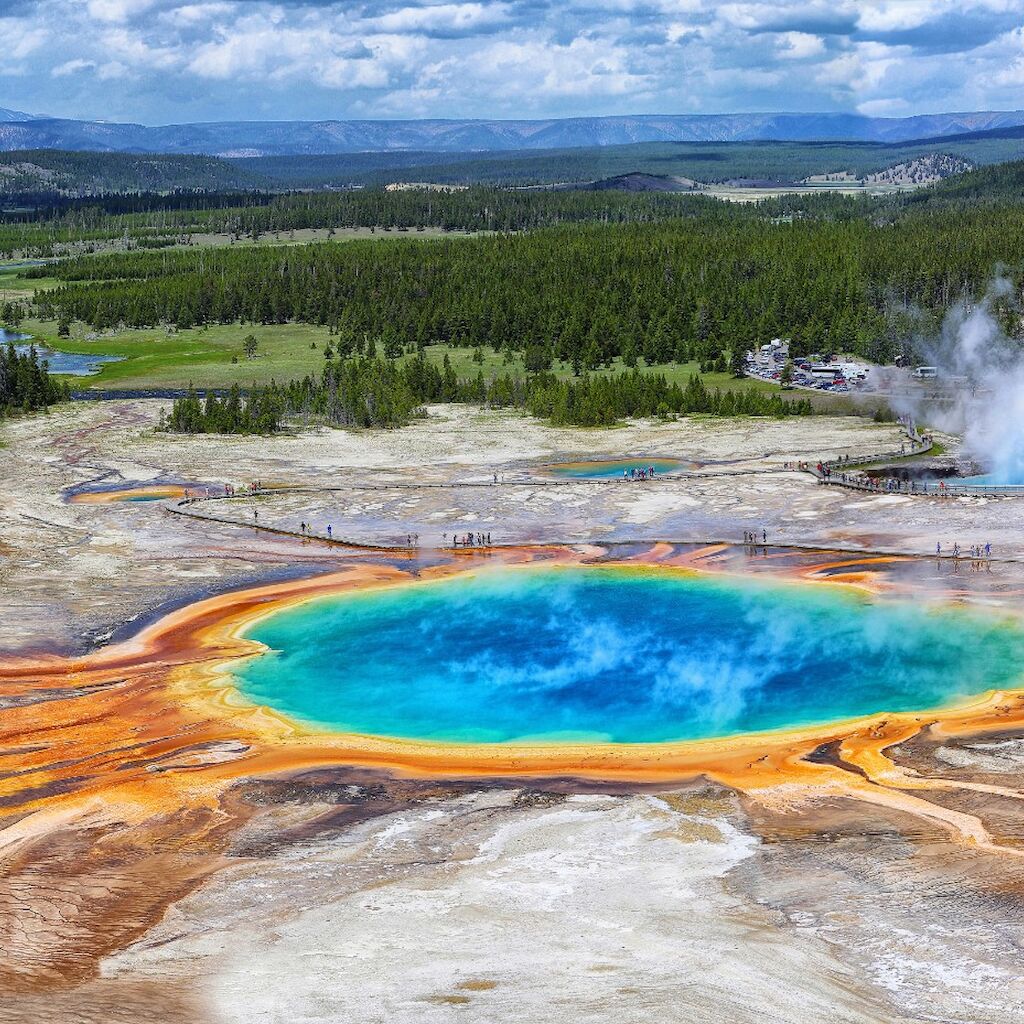The MAB programme is carried out through the World Network of Biosphere Reserves. This network includes 759 special places across 136 countries, each with its own unique nature, local cultures, and economies. Biosphere Reserves work together through regional and themed groups, such as EuroMAB (for Europe), the World Network of Island and Coast Biosphere Reserves and the World Network of Mountain Biosphere Reserves.
In the UK, Biosphere Reserves are known as UNESCO Biospheres.

